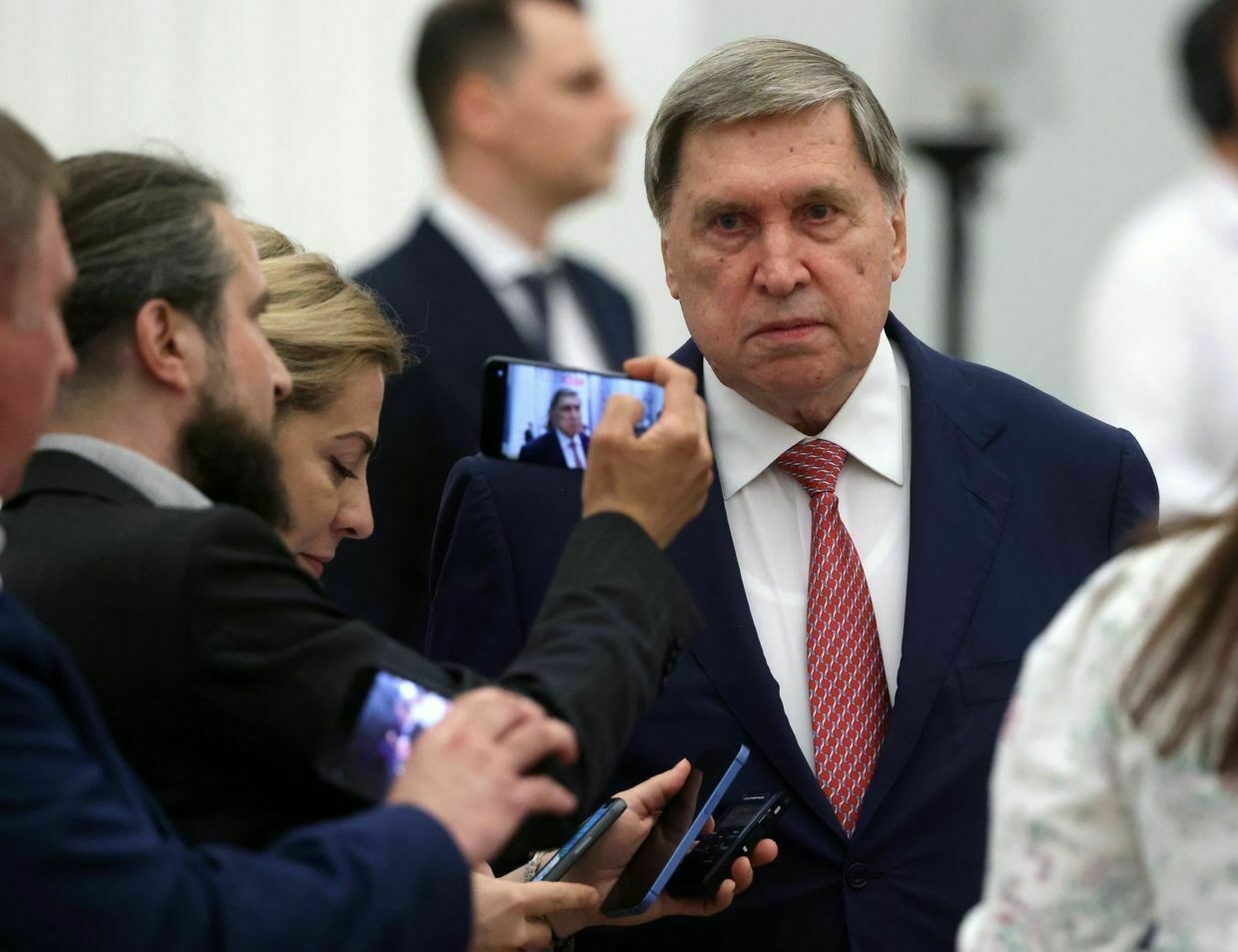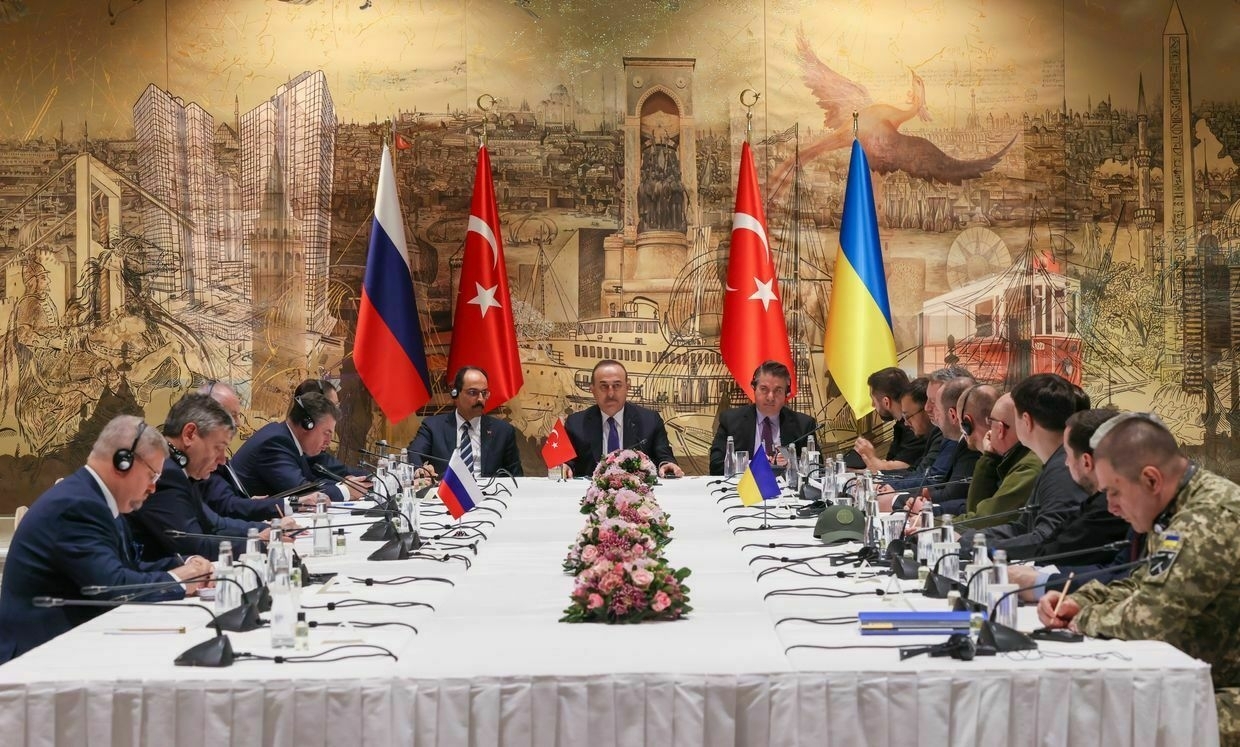
Russia wants to restart peace talks with Ukraine in Istanbul based on the results of the 2022 negotiations and the current situation “on the ground,” Kremlin aide Yury Ushakov said on May 11, Russian state-controlled media reported.
Ushakov’s comments follow Russian President Vladimir Putin’s May 11 invitation for direct talks with Ukraine in Istanbul starting May 15, after a temporary ceasefire for Russia’s Victory Day celebrations expired.
Despite the offer, Moscow has refused to extend the truce or accept the proposal, backed by the U.S. and Europe, for a full 30-day unconditional ceasefire.
Ukraine has said it is ready to talk but insists any negotiations must begin with a full cessation of hostilities. Ukrainian President Volodymyr Zelensky said on May 11 that Ukraine is “ready to meet” if Russia confirms a “full, durable, and reliable” ceasefire.
The Istanbul talks refer to negotiations between Ukraine and Russia held in Turkey in late March 2022, which outlined potential terms for a peace deal.
In the three years since the failed talks, Russian propaganda networks have frequently pushed the idea that peace was almost achieved in Istanbul, before Western leaders, in particular then-U.K. Prime Minister Boris Johnson, allegedly pressured Zelensky to reject the deal and continue fighting.
In reality, leaked documents from 2022 show that Moscow’s first peace offer amounted to Ukraine’s effective surrender.
According to an investigation by Radio Free Europe/Radio Liberty’s Sistema, Russia’s initial six-page draft agreement, presented on March 7, 2022, demanded Ukraine reduce its military to just 50,000 troops and surrender its ability to develop or deploy long-range missiles or other advanced weapons.
The draft also required Ukraine to recognize Russia’s control over Donetsk and Luhansk, reinvest in the war-torn regions under Russian terms, and de facto legalize Soviet and communist symbols.
“The Istanbul accords happened 30 days after the invasion, and the demands in Istanbul were fairly significant on a very weakened Ukraine,” said Keith Kellogg, U.S. presidential envoy for Ukraine, during a March 6 discussion at the Council on Foreign Relations.
Kellogg added that the circumstances of 2025 are vastly different from those of early 2022, doubting the viability of restarting talks from a framework that was never fair for all parties.
President Putin in 2024 reiterated maximalist conditions for peace, demanding that Ukrainian troops withdraw from all four partially occupied Ukrainian regions, Donetsk, Luhansk, Kherson, and Zaporizhzhia, and that Kyiv formally recognize their annexation by Russia.
Russian Foreign Minister Sergey Lavrov, in an April interview with O Globo, reiterated these demands.
Russia also insists that any peace deal must include a permanent ban on Ukraine’s NATO membership, demilitarization of the country, and constitutional changes reinstating the role of the Russian language, culture, and religious organizations.
Lavrov said Kyiv must lift its ban on talks with Putin, accept a halt to Western military aid, drop international legal claims against Moscow, and allow the return of frozen Russian assets.
 The Kyiv IndependentAndreas Umland
The Kyiv IndependentAndreas Umland
